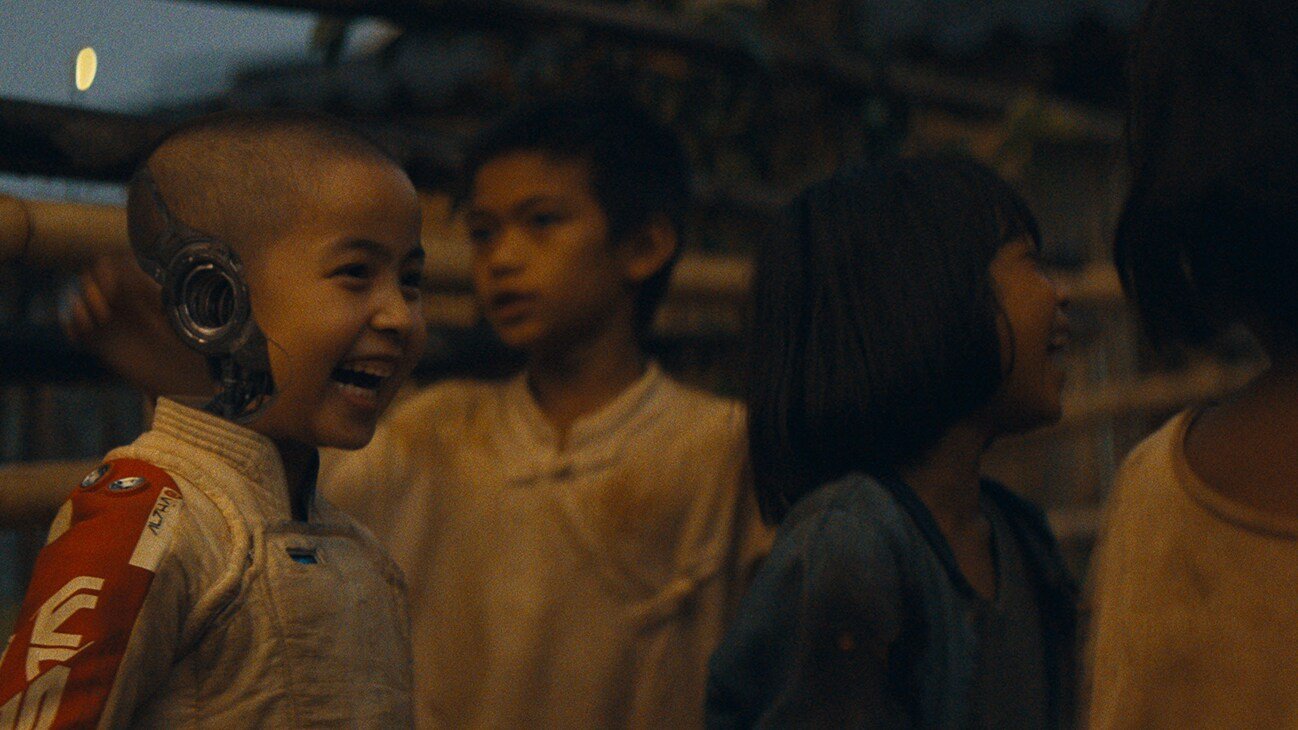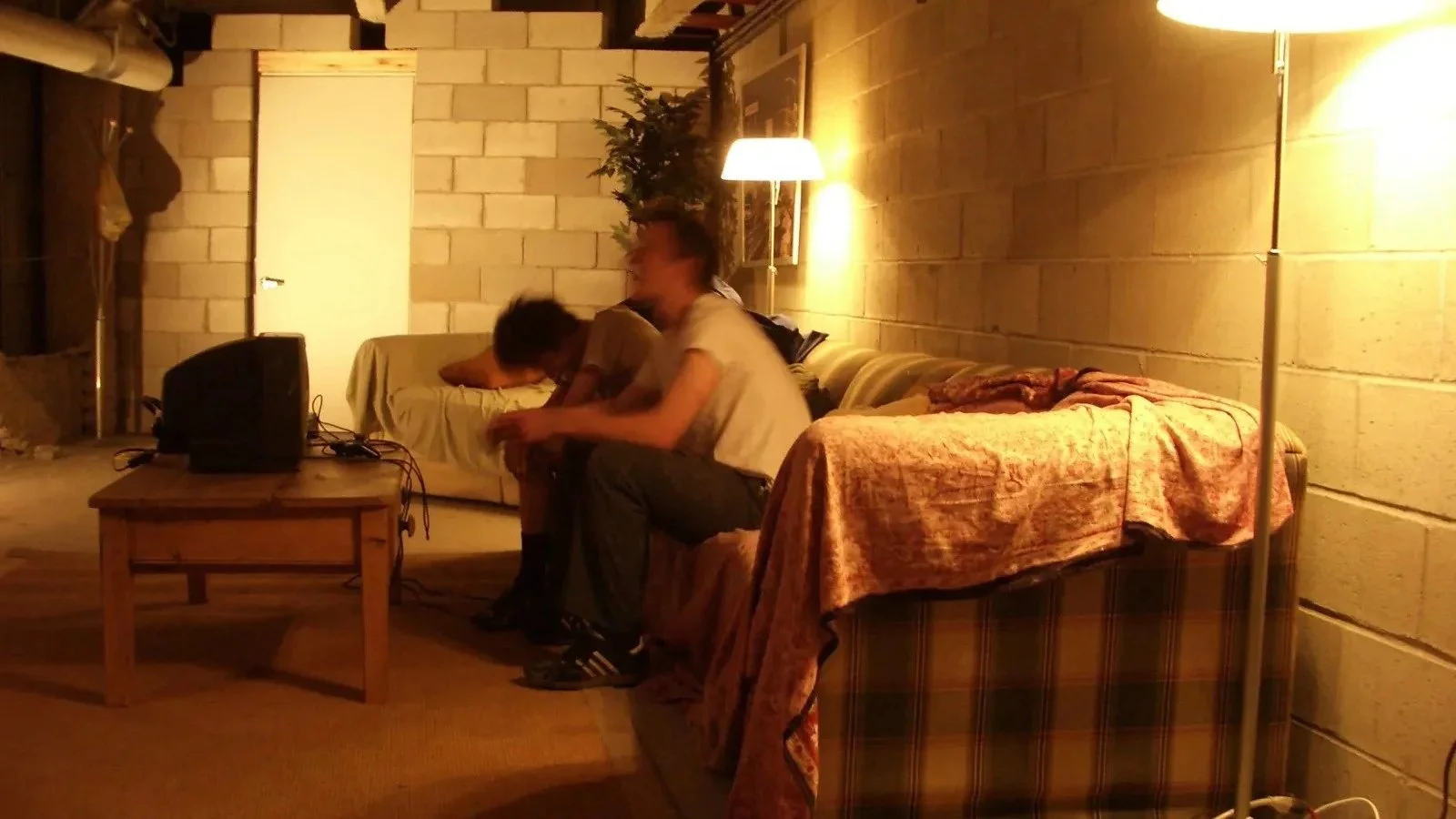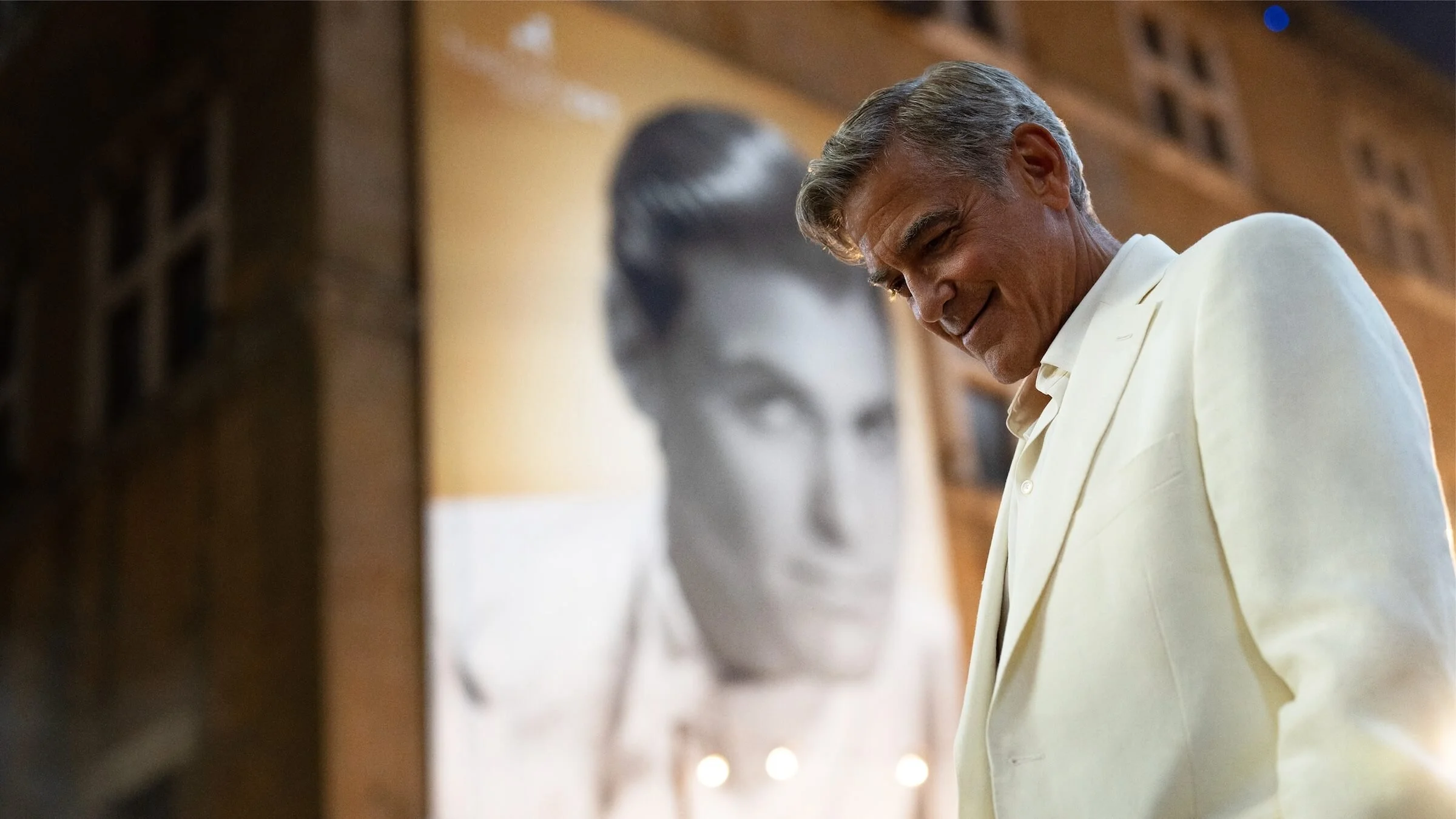Review: The Creator (2023)
When watching The Creator, it’s hard not to think about A.I. Artificial Intelligence (2001). Both films are about a cynical man who takes care of a young, adorable robotic child and journeys across a futuristic world in order to reunite that child with its mother. It’s also hard not to think of Blade Runner (1982) and how both films constantly ask whether a machine can be a man. It’s hard not to think about Apocalypse Now (1979) and both films’ visions of a man going on a quest into a heart of darkness in Southeast Asia, passing through rice paddies and jungles to find a mysterious figure who seems to control the fate of the world. It’s even hard not to think of Neon Genesis: Evangelion (1995) in both works’ beautiful, haunting images of angelic beings in the sky and beams of destruction raining down from the heavens. It’s hard not to think of a lot of great works of science fiction when watching The Creator, which speaks to the film’s familiarity despite it not being based on any existing IP.
The Creator is the recent film by Gareth Edwards, who made Rogue One (or most of it, at least, until Tony Gilroy took over) and 2014’s Godzilla, and who is a cunning stylist, even if he’s prone to some robotic approaches to human emotion in his works. The film inexplicably flopped in September, which might be due to the film’s familiarity, or the moviegoing audience’s seeming lack of interest in original properties these days. (People can try to spin the smash successes of Barbie and Oppenheimer as celebrations of original storytelling if they want, but neither film makes a convincing case that audiences generally like movies that come without preordained IP.)
But attributing the film’s lack of commercial success to its familiarity is a mistake. The Creator gestures to many other, better, works of science fiction (and other genres, such as war films), but it’s a compelling film in its own right. For one, it’s beautifully crafted, with a tactile visual style and potent sense of scale. The production design of villages inhabited by humans and machines alike creates a beautiful, tangible storyworld. I couldn’t tell the CGI from the real sets: the whole is seamless. The cinematography from the duo of Oren Soffer and Greig Fraser (Fraser won an Oscar for Dune) is equally gorgeous. The shots of the US orbital weapons platform NOMAD silently hovering over the sky, laser-tracking the natural landscapes beneath (one of which adorns the poster), is the sort of haunting visual storytelling that says all you need about who the villains in the film are and how they operate in the world. If only most sci-fi epics looked this good, I’d be a very happy moviegoer.
The film’s story is also occasionally moving, if somewhat stunted by an odd structure that unnecessarily uses flashbacks at times to create character motivation instead of simply showing things in a chronological order. Sometimes, Hollywood seems oddly allergic to the simplest way to tell a story. The Creator is set about 50 years in the future in a world where true Artificial Intelligence exists and is responsible for the nuclear destruction of Los Angeles. The US Army mercilessly hunts down all remaining AI and destroys it with the use of NOMAD. John David Washington stars as Joshua, a US Army operative tasked to find and destroy a superweapon developed by AI before it can be activated. But when he finds this weapon, he discovers that it’s actually a child, Alphie (Madeleine Yuna Voyles). Soon enough, Joshua finds his loyalty shaken and decides to protect Alfie from the encroaching forces of the US Army rather than fulfill his mission.
The story takes us through exotic locations in Asia, such as cyberpunk metropolises, limestone islands and beaches, rice paddies, and Himalayan temples. The world is compelling and far removed from the clean chrome style that defines so much of modern science fiction, from the video games of the Mass Effect series to the films of the Marvel Cinematic Universe. Washington again proves himself to be a charismatic lead and his on-screen rapport with Madeleine Yuna Voyles is warm and affecting. For her part, Voyles is the most compelling character in the film, not only because of her importance to the story, but also because she's so adorable and sympathetic. Just as much of good directing is good casting, much of good acting is being given a role that is well suited to the actor, so I’m hesitant to say that Voyles is a brilliant performer, but she is clearly the right actor for the role and she gives a credible, moving child performance that reminded me of Haley Joel Osmont during his heyday.
Other performances are less successful. For instance, Edwards attempts to cast against type by making Allison Janney the film’s villain, a US Army colonel who is obsessively focused on eradicating AI due to losing both her sons to the war. Janney is a good, no-nonsense performer, but in a work like this, you wish her part were played by a more credibly ruthless psycho. You’re simply not scared of her. At least Ken Watanabe is also present to remind us that every science fiction film needs a wise presence like his to lend some credibility to the more outlandish parts.
The Creator is satisfying, even if it’s a mixed bag of stronger and weaker elements as well as different influences. What makes it ultimately better than simply an intriguing film is its relevance in our present moment. The film’s release at this specific juncture in time, when machine learning is increasingly prevalent and supercharges our economy and when America bankrolls military actions around the globe, gives the entire film an eerie prescience, not only about AI but also about empire and the world we’re moving into. There’s a chance that The Creator grows into an ever more potent film the closer it aligns with our reality. But for the time being, it’s a solid work of sci-fi storytelling, which makes me wish more filmmakers used their favourite works as inspiration instead of trying to spin out those works in endless franchise extensions.
7 out of 10
The Creator (2023, USA)
Directed by Gareth Edwards; written by Gareth Edwards and Chris Weitz, based on a story by Gareth Edwards; starring John David Washington, Madeleine Yuna Voyles, Gemma Chan, Ken Watanabe, Sturgill Simpsons, Allison Janney.



Joe Carnahan’s cop thriller starring Matt Damon and Ben Affleck is an enjoyable whodunnit.